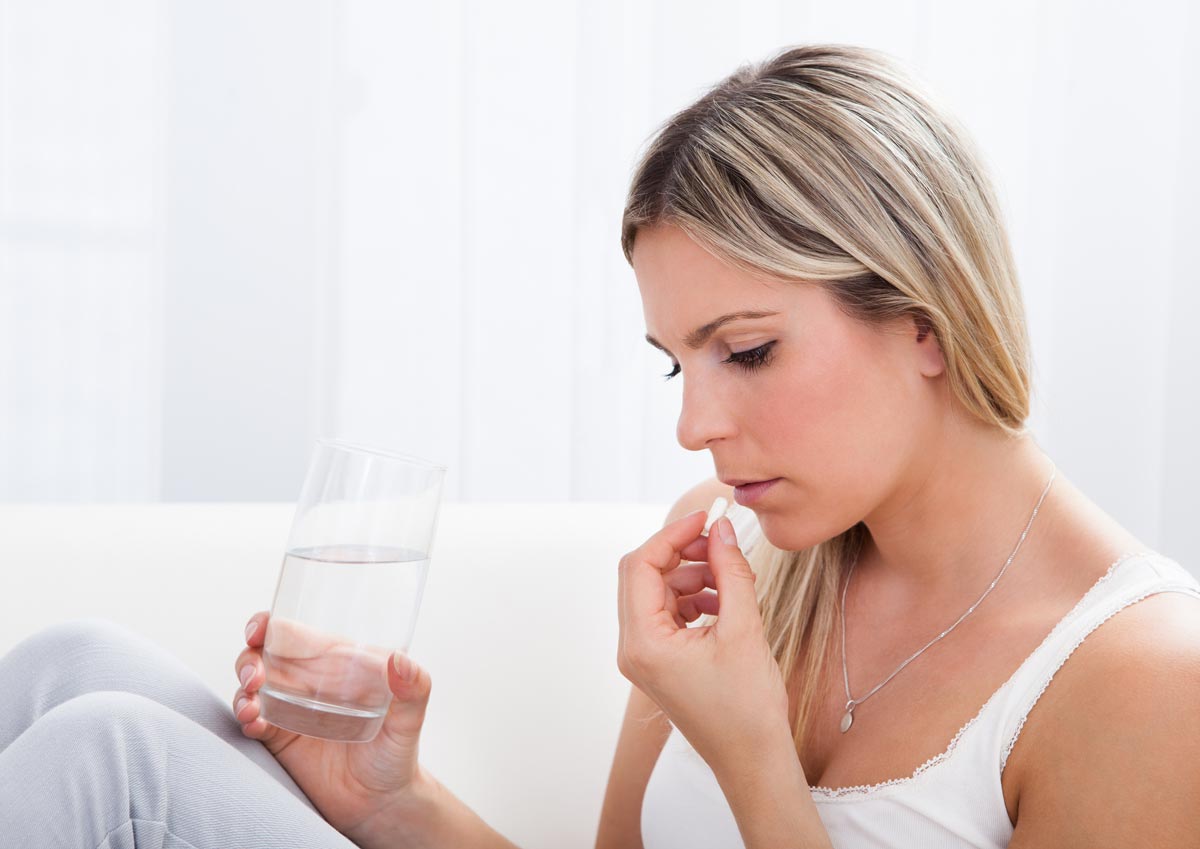
Regarding mental illness, when it rains it pours. At least that is often the reality in the field of addiction medicine. To be clear, addiction is a form of mental illness with many symptoms, one of which is the misuse of drugs and/or alcohol. It’s a disease of the mind that has no known cure to date, but there are effective methods of treatment. Upon completing treatment, those who redouble their recovery efforts via a program like the 12-Steps often have positive outcomes.
Again, drug and alcohol use is but a symptom. There is a lot of work that needs to be done. Work which will mitigate the risk of relapse and spiraling back into active use. But, for a significant number of addicts and alcoholics, addiction is not the only mental health disorder on the table. It is extremely common for people meeting the criteria for addiction to have
co-occurring mental health disorders. Often referred to as having a dual diagnosis. Anyone working in the field knows firsthand the consequences of not treating both addiction and the dual diagnosis, together. This makes sense. Addiction is often precipitated by another form of mental illness, such as depression. The symptoms of untreated depression lead to the dangerous practice of self-medication. Which does the opposite of help, in any respect.
Self-Medicating Toward Dependence and Addiction
People whose anxiety, bipolar disorder or depression is left untreated, are essentially left to their own devices. Functioning under the cloud of depressive or manic symptoms is rarely tenable. In an attempt to quiet one’s troubled mind, drugs and alcohol often become the preferred method of treatment (escape, actually). The continued practice of using mind-altering substances to cope is a slippery slope to dependence, and ultimately addiction. People who engage in this practice actually convince themselves that the substances are helping. When, in fact, they are not.
Research has shown that illicit substance use makes the symptoms of one’s mental health disorder worse. Having the unintended effect of exacerbating the symptoms one is trying to keep at bay. The longer the act of using drugs to cope with mental illness continues, the more severe and often episodes occur. People living with a co-occurring mental health disorder are at great risk of harm. Every year, a significant number of people who meet the criteria for a co-occurring disorder take their own life. Therefore, it is so vital that people living with a mental health disorder are encouraged to talk about their condition. And by doing so, they become empowered to seek treatment.
So, just how common is mental illness in America? A new government report showed almost 1 in 5 American adults struggles with mental illness or addiction each year. The Substance Abuse and Mental Health Administration’s (SAMHSA) report indicates nearly 44 million American adults living with mental illness, HealthDay reports.
“The presence of [any mental illness] in every state reinforces that mental illness is a major public health concern in the United States,” the report noted. “Overall treatment levels remain low, and addressing the mental health of U.S. adults remains a concern for state and national public health officials.”
Treatment Is The Answer, It Works
While treatment rates are low, they are effective for most people who seek assistance. At 10 Acre Ranch, we have helped many men, from young adults to seniors, recover from co-occurring mental health disorders. If you are battling regular episodes of depression, et al., and are dependent on substances, please contact us today. We can help you break the cycle of addiction, while simultaneously addressing the co-occurring mental illness.






